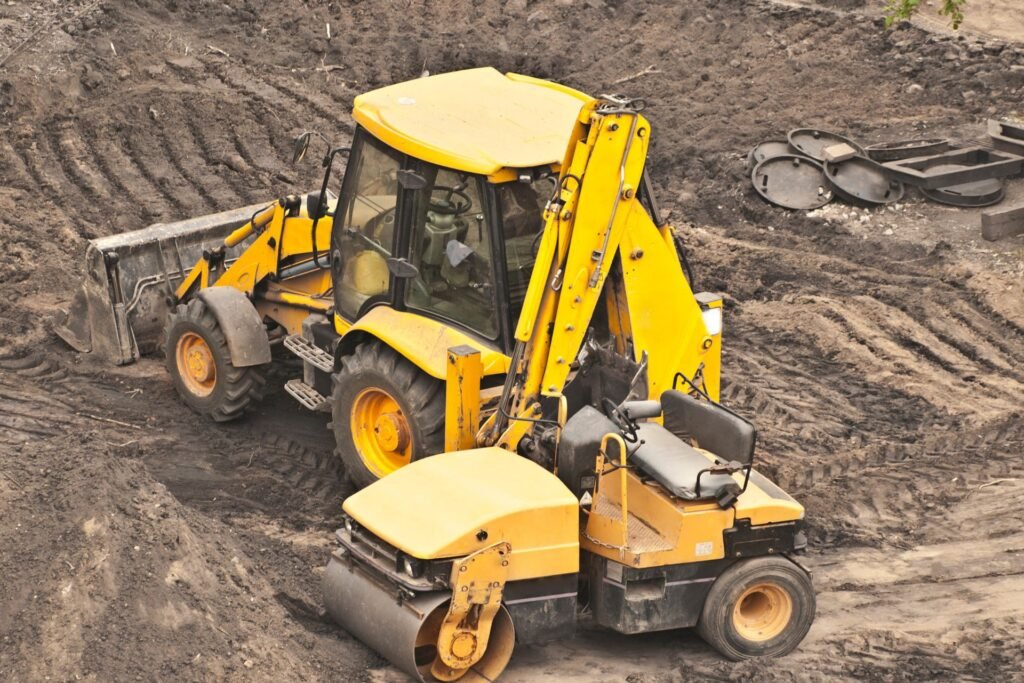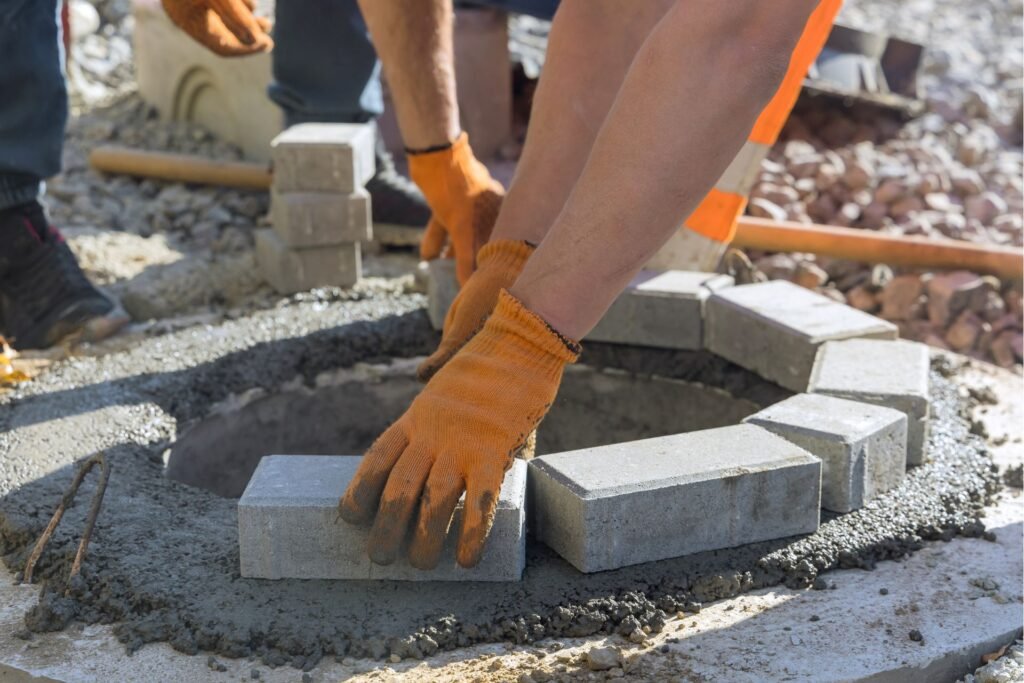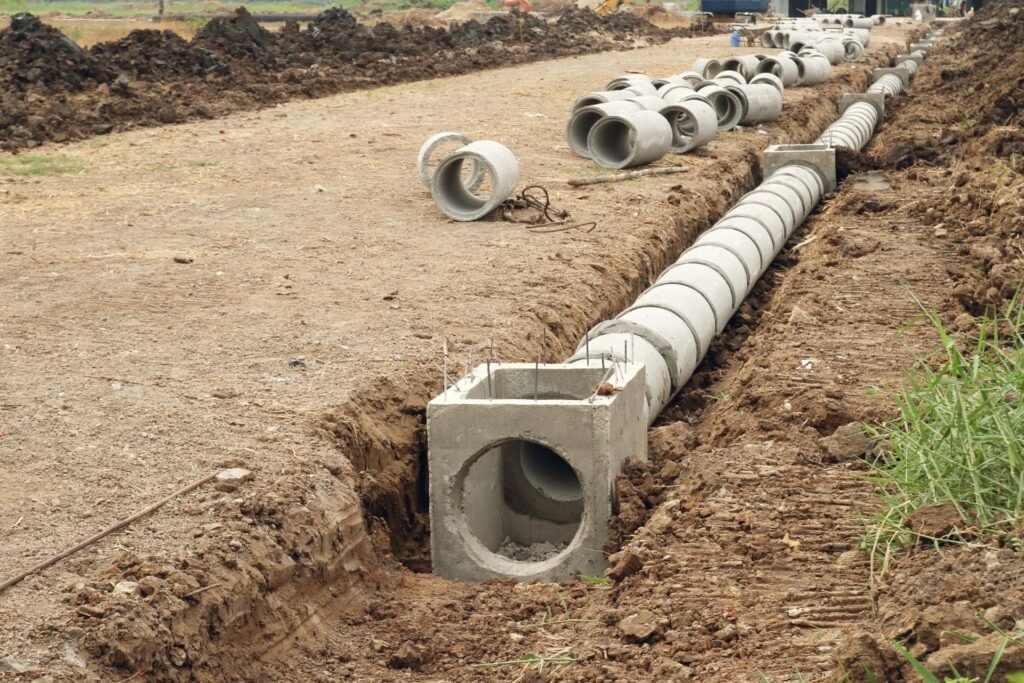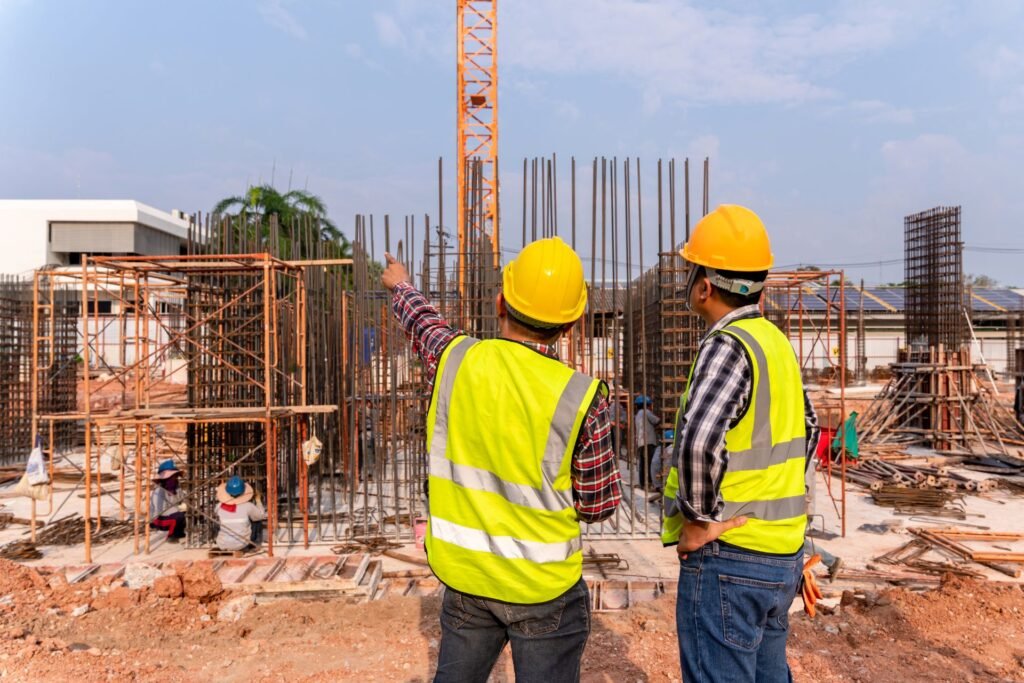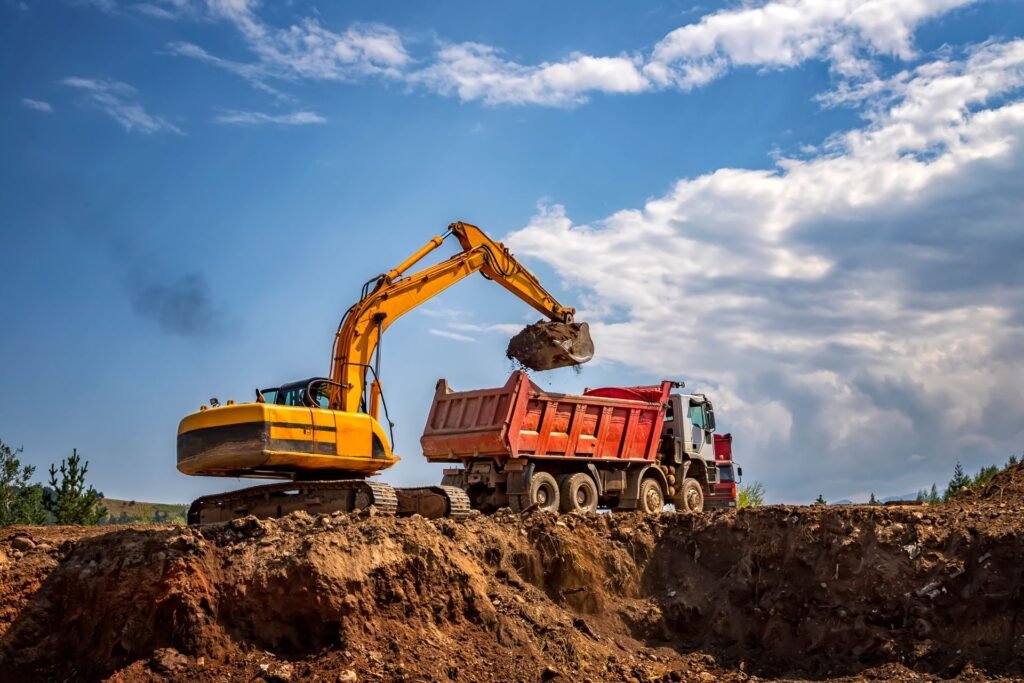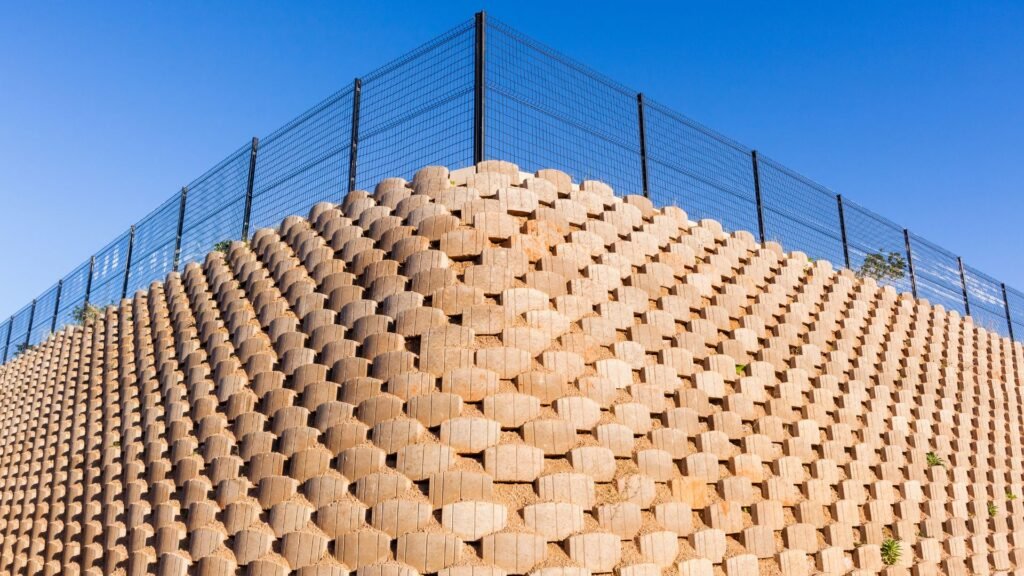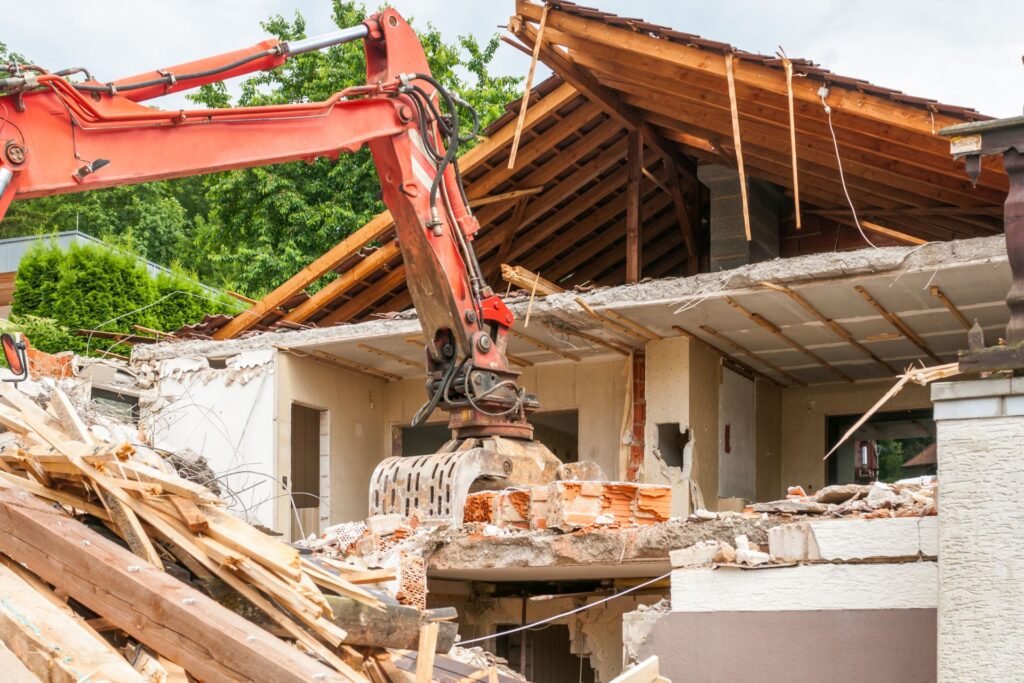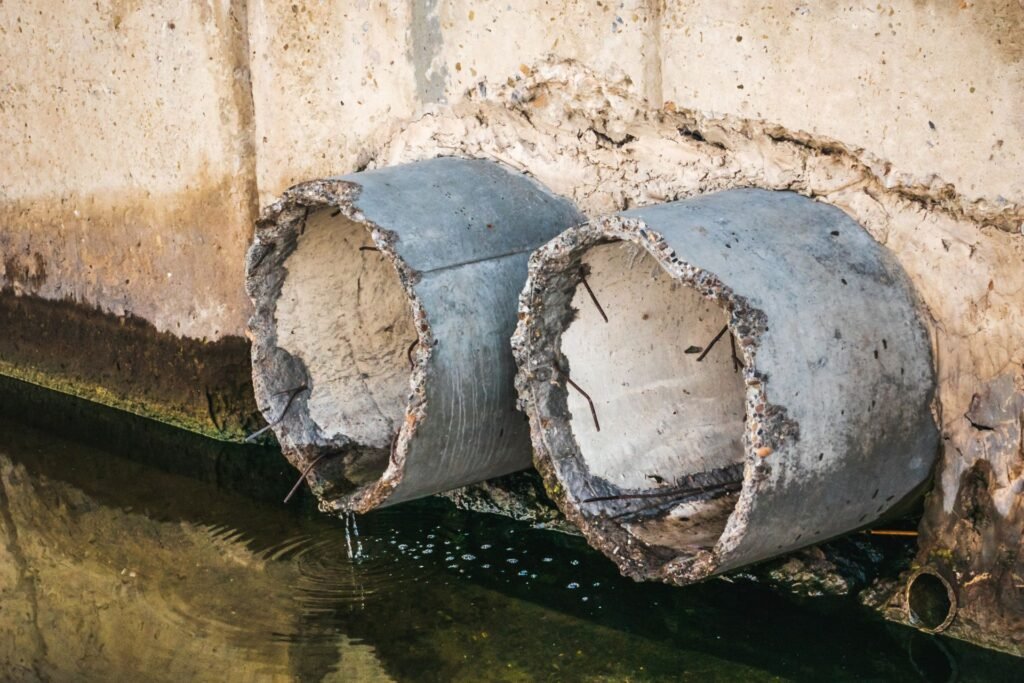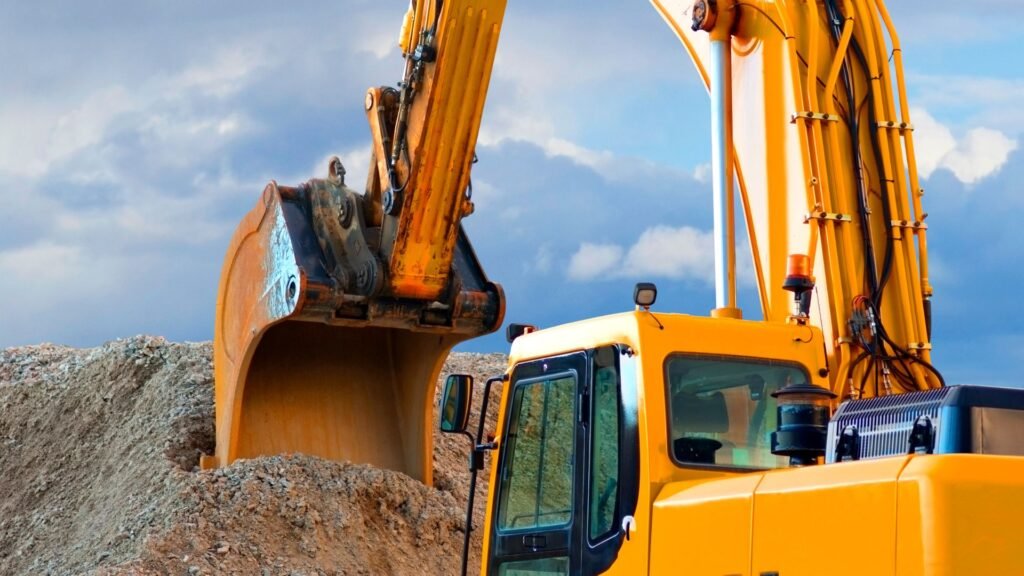Welcome to our comprehensive guide on understanding the cost of earthworks services in New Zealand. Whether you’re planning a small residential project or a large commercial development, getting a clear grasp of the costs involved in earthworks is crucial for effective budgeting and planning. Earthworks lay the foundation for any construction or landscaping project, making it essential to know what factors influence these costs and how you can manage them. In this guide, we’ll break down everything you need to know, from the different types of earthworks and their typical costs to tips on getting accurate quotes and saving money without sacrificing quality. Let’s dive in and help you make informed decisions for your next project.
On average, the cost of earthworks services in New Zealand ranges from $50 to $200 per cubic meter, depending on factors like project size, soil type, and location. To obtain accurate quotes, consider the specific work needed, project duration, and any additional costs such as permits or site preparation. Proper planning and selecting the right contractor can help manage these expenses effectively.
Table of Contents
What Are Earthworks Services?
Definition and Scope
Earthworks services refer to a broad range of activities that involve the movement, modification, and management of earth or soil to prepare a site for construction. These services are fundamental to the initial stages of any construction project and typically include activities such as excavation, land clearing, and grading.
- Excavation involves digging out soil or rock to create space for foundations, basements, or other below-ground structures. This process is critical in shaping the landscape to meet the design specifications of a project.
- Land Clearing is the removal of vegetation, trees, and debris from a site, making it ready for further development. This step ensures that the construction site is free from obstacles that could hinder progress.
- Grading is the process of leveling the ground to ensure a flat and even surface. Proper grading is essential to control water drainage and prevent future structural issues due to uneven settlement.
Earthworks services are required in various types of projects, ranging from residential developments like houses and apartment complexes to commercial buildings, such as shopping centers and office spaces. They are also essential in infrastructure projects like roads, bridges, and airports, where the stability and longevity of the construction rely heavily on the quality of the earthworks.
Importance in Construction
The importance of earthworks services in construction cannot be overstated. They form the foundation upon which all subsequent construction activities are built. Without properly executed earthworks, a project could face significant risks, including structural instability, drainage problems, and delays.
High-quality earthworks are critical because they ensure that the site is properly prepared to support the loads of the structures to be built. For example, if the grading is not done correctly, water may not drain properly, leading to water accumulation and potential flooding. Similarly, poor excavation can result in an unstable foundation, increasing the risk of building collapse or other serious issues.
Moreover, well-executed earthworks contribute to the overall efficiency of the construction process. When the site is adequately prepared, contractors can proceed with the construction phases without unexpected interruptions or the need for costly rework. This not only helps keep the project on schedule but also within budget, ensuring that the final structure is safe, durable, and built to last.
In summary, earthworks services are a critical component of any construction project, laying the groundwork for all future development. Ensuring these services are carried out with precision and expertise is vital for the success and longevity of the construction.
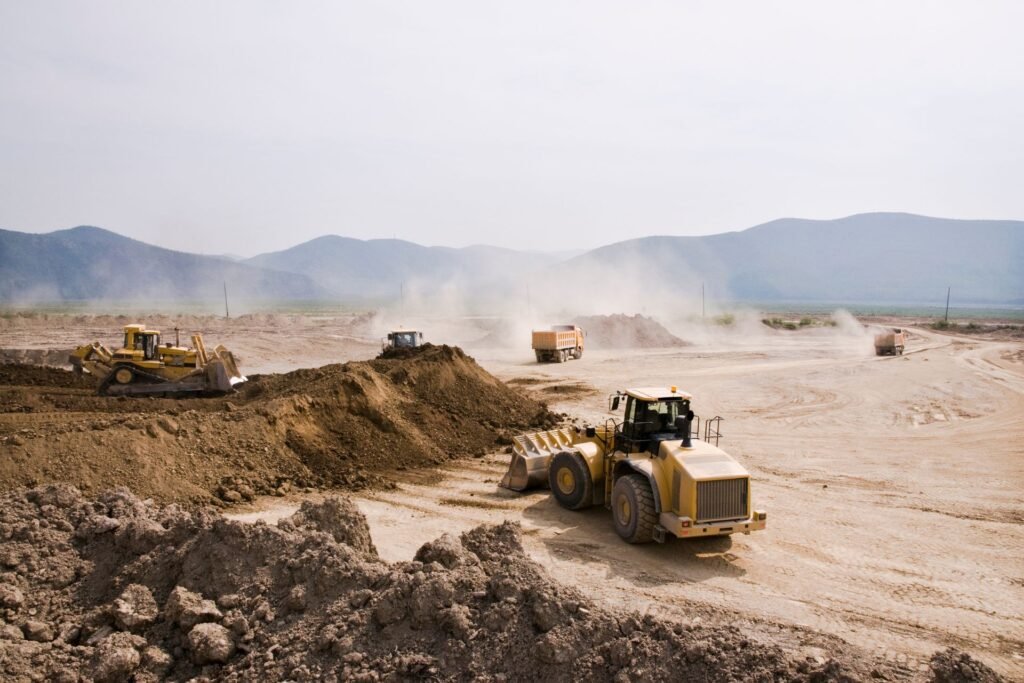
Factors Influencing The Cost Of Earthworks Services In NZ
When planning an earthworks project in New Zealand, understanding the factors that influence the cost is crucial for effective budgeting and project management. Several key elements contribute to the overall expenditure, ranging from the project’s size and complexity to local regulations and compliance requirements. Here’s a detailed breakdown of the most significant factors affecting earthworks costs in New Zealand.
1. Size and Scope of the Project
The size and scope of your earthworks project play a pivotal role in determining the overall cost. Smaller residential projects, such as leveling a backyard or preparing a foundation for a home, typically incur lower costs compared to larger, more complex commercial developments like constructing a multi-story building or a large-scale industrial site.
- Residential vs. Commercial: Residential projects often require less heavy-duty equipment and fewer labor hours, leading to reduced costs. In contrast, commercial projects may demand more extensive excavation, grading, and site preparation, significantly increasing the overall budget.
- Project Complexity: The complexity of the work required also influences pricing. Projects that involve intricate designs, challenging terrain, or specialized techniques will naturally cost more due to the increased labor and expertise needed.
2. Type of Earthworks Needed
The specific type of earthworks services required for your project will directly affect the cost. Different tasks come with varying levels of difficulty, equipment needs, and labor requirements.
- Excavation: This is one of the most common types of earthworks and typically involves digging trenches, foundations, or other large holes. The cost can vary widely depending on the depth and volume of material to be excavated.
- Grading: Grading is the process of leveling or sloping the ground for construction purposes. This task requires precision and often uses advanced machinery, making it potentially more expensive than basic excavation.
- Site Preparation: Preparing a site for construction includes clearing vegetation, removing debris, and compacting the soil. This process can be labor-intensive, especially if the site is large or has difficult terrain, thus increasing the overall cost.
3. Geographic Location
Where your project is located within New Zealand can significantly impact the cost of earthworks services. Factors like accessibility, soil type, and transportation can vary dramatically between urban and rural areas.
- Urban vs. Rural: Urban projects often benefit from better access to equipment and labor but may face higher costs due to stricter regulations and higher land values. In contrast, rural projects might have lower land costs but could incur additional expenses for transporting machinery and materials to remote locations.
- Soil Type: The type of soil in your project area can also influence costs. For instance, rocky or clay-heavy soils are more challenging to work with and may require specialized equipment, thereby increasing expenses.
4. Soil and Land Conditions
The condition of the land and the type of soil present at your site are critical factors in determining earthworks costs. Difficult soil conditions or challenging landscapes can make the work more complex and time-consuming.
- Soil Type: Different soils, such as rocky, sandy, or clay, present unique challenges. Rocky soil can be hard to excavate, while clay can be difficult to grade and compact. These challenges often require specialized equipment and additional labor, driving up costs.
- Land Conditions: The slope of the land, the presence of vegetation, and the need for erosion control measures can all impact the cost. Steeper slopes may require more extensive grading, and heavily vegetated areas may need significant clearing before work can begin.
5. Equipment and Technology Used
The type of equipment and technology employed in your earthworks project can also affect costs. Modern technology and advanced machinery can increase efficiency but may come at a higher upfront cost.
- Equipment: The choice of machinery, such as bulldozers, excavators, or graders, can influence the overall price. Larger, more powerful machines may cost more to operate but can complete tasks more quickly, potentially saving on labor costs.
- Technology: The use of GPS grading systems and other advanced technologies can improve precision and reduce waste, but these benefits often come with a higher initial cost.
6. Duration of the Project
The length of time required to complete the earthworks can have a significant impact on the cost structure. Generally, longer projects may offer economies of scale, but they also carry ongoing costs that can add up.
- Short vs. Long Projects: Short, intensive projects may have higher daily costs due to the need for rapid completion and more concentrated labor. On the other hand, longer projects might benefit from reduced per-day costs, but the extended duration can lead to higher overall expenses, especially when accounting for ongoing equipment rental, labor, and potential delays.
7. Regulatory and Compliance Costs
Finally, regulatory and compliance requirements can add to the overall cost of earthworks services. These costs can vary depending on the location and scope of your project.
- Local Regulations: Different regions in New Zealand may have specific regulations regarding earthworks, including permits, environmental assessments, and zoning laws. Compliance with these regulations is essential but can add to the total cost of your project.
- Permits and Fees: Obtaining the necessary permits and paying any associated fees is a critical step in the planning process. These costs can vary depending on the project’s location and the nature of the work being done.
Understanding these factors will help you better estimate the cost of earthworks services in New Zealand, enabling you to plan your project more effectively and avoid unexpected expenses.
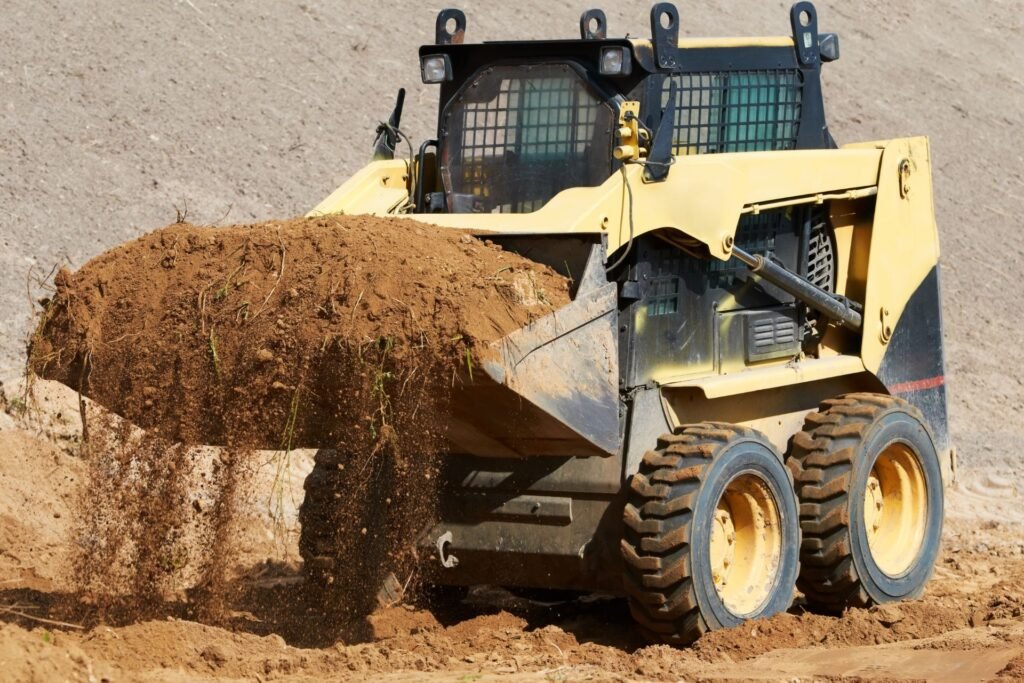
Typical Costs For Earthworks Services In New Zealand
Understanding the typical costs associated with earthworks services in New Zealand is crucial for anyone planning a construction or landscaping project. The prices can vary significantly based on the scope and scale of the work, so it’s important to have a clear idea of what to expect. Below, we break down the general price ranges, provide specific examples of project costs, and discuss potential hidden or additional expenses that might arise.
General Price Ranges for Earthworks in New Zealand
The cost of earthworks services in New Zealand can vary widely depending on the nature of the project. Typically, these services are charged either by the cubic meter of material moved or on an hourly basis, depending on the contractor and the type of work involved.
- Per Cubic Meter Costs: For most residential projects, earthmoving services can range from NZD 50 to NZD 150 per cubic meter. This price range generally covers basic excavation tasks, such as digging foundations, trenching for utilities, or creating driveways.
- Hourly Rates: For projects where the scope is less defined, contractors may charge hourly rates. These rates can vary but typically fall between NZD 120 and NZD 200 per hour. The exact rate often depends on the machinery required, the difficulty of the terrain, and the specific tasks being performed.
- Project Size Considerations:
- Small Residential Projects: For a small-scale residential project, such as preparing a site for a single house build, costs might range from NZD 5,000 to NZD 15,000. This could include tasks like land clearing, leveling, and foundation excavation.
- Large Commercial Projects: On the other hand, large commercial developments, such as subdivisions, can see costs soar to NZD 100,000 to NZD 500,000 or more. These projects often involve extensive land grading, drainage systems, and significant earth movement.
Examples of Specific Earthworks Costs
To give you a better idea of what to expect, here are some concrete examples of earthworks projects and their associated costs:
- Land Clearing for a House Build: For a standard house build on a flat section, the cost of clearing the land, leveling it, and preparing the site for construction might range from NZD 10,000 to NZD 30,000. This includes the removal of trees, shrubs, and any unwanted debris, as well as basic site preparation.
- Large-Scale Subdivision: In contrast, the earthworks required for a large subdivision can be extensive. The cost might range from NZD 250,000 to NZD 1,000,000 or more, depending on the size of the land and the complexity of the project. This would include land grading, road construction, utility trenching, and the creation of stormwater management systems.
Hidden or Additional Costs to Consider
When budgeting for earthworks, it’s essential to consider potential hidden or additional costs that might not be immediately apparent. These can significantly impact the overall budget if not accounted for in the planning stages:
- Unexpected Ground Conditions: One of the most common unexpected costs arises from unforeseen ground conditions. If the soil is found to be unstable or contaminated, additional work may be required to stabilize the site or remove hazardous materials, leading to increased costs.
- Extra Material Requirements: Sometimes, additional materials such as gravel, sand, or topsoil may be needed to complete the project. These materials can add a significant amount to the overall cost, particularly if the site requires substantial grading or filling.
- Project Delays: Delays due to weather, unforeseen complications, or permit issues can also drive up costs. Contractors often charge additional fees for extended timelines, and these can quickly add up if the project runs over the expected duration.
In summary, while it’s possible to estimate the general costs of earthworks services in New Zealand, each project is unique, and actual costs can vary based on a wide range of factors. By understanding these potential costs and planning accordingly, you can avoid unexpected expenses and ensure your project stays on budget.
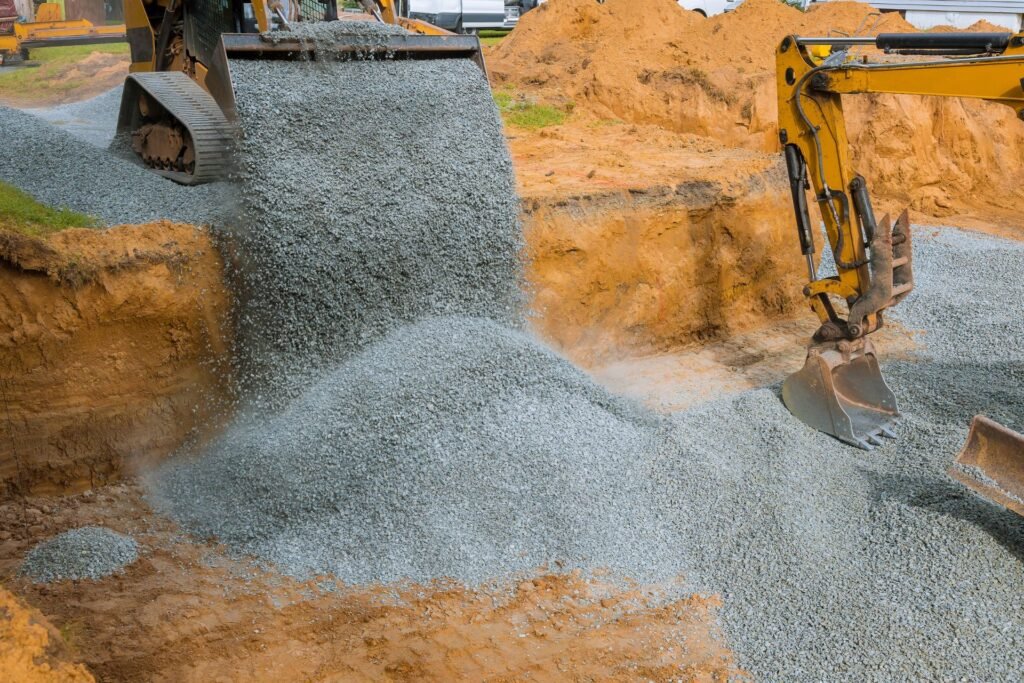
How To Get Accurate Quotes For Earthworks Services
When planning earthworks for your project in New Zealand, getting accurate quotes is essential. This not only helps you stay within budget but also ensures you choose the right contractor for the job. Here’s a detailed guide to help you navigate this process effectively.
1. Research and Shortlist Contractors
Finding the right earthworks contractor can make or break your project. Start by researching local contractors who have a strong reputation in your area. Look for companies that have extensive experience in the type of earthworks you need, whether it’s excavation, grading, or site preparation. Reading online reviews and testimonials is a good way to gauge their reliability and workmanship. You should also consider contractors with local knowledge, as they will be familiar with regional regulations and soil conditions, which can significantly impact the success of your project.
When shortlisting potential contractors, focus on key criteria such as:
- Experience: How many years have they been in business? Do they specialize in the type of work you need?
- Reputation: What do previous clients say about their work? Are there consistent patterns in the feedback?
- Local Knowledge: Do they understand the specific requirements and challenges of working in your area?
By narrowing down your options based on these factors, you increase your chances of finding a contractor who will deliver quality results.
2. Requesting Detailed Quotes
Once you have a shortlist of potential contractors, the next step is to request detailed quotes. It’s crucial that these quotes are itemized, breaking down the costs for each aspect of the job. This not only helps you understand what you’re paying for but also makes it easier to compare quotes from different contractors.
To get the most accurate quotes, be prepared to provide the contractors with as much information as possible. This includes:
- Project Plans: Detailed plans help the contractor understand the scope and complexity of the work.
- Site Surveys: Providing recent site surveys can give contractors insights into the terrain and any potential challenges.
- Specific Requirements: If you have any particular materials or methods you want to be used, make sure these are clearly communicated.
The more detailed and precise the information you provide, the more accurate and reliable the quotes will be.
3. Comparing Quotes and Services
When you receive quotes from different contractors, it’s tempting to go for the lowest bid. However, price shouldn’t be the only factor you consider. Compare the quotes based on the overall value, including the quality of materials and services offered, the contractor’s experience, and their reputation.
Look beyond the bottom line and ask yourself:
- What’s included in the quote? Make sure all necessary services are covered.
- Are there any potential hidden costs? Clarify anything that seems vague or unclear.
- What’s the contractor’s track record? A slightly higher price might be worth it if the contractor has a proven history of successful projects.
Taking the time to thoroughly compare your options will help ensure you get the best value for your money.
4. Negotiation Tips
Negotiating with contractors can be daunting, but it’s an important part of the process. Approach negotiations with the aim of balancing cost with quality. While it might be tempting to push for the lowest possible price, remember that extremely low bids can sometimes lead to compromises in quality.
Here are a few tips to negotiate effectively:
- Be Informed: Knowledge is power. Understand the standard market rates for the services you need.
- Communicate Clearly: Be upfront about your budget and expectations. A good contractor will work with you to find cost-effective solutions without cutting corners.
- Consider Bundling Services: If the contractor offers multiple services, bundling them together might result in a better overall price.
Remember, the goal is to find a fair price that reflects the quality and scope of the work.
5. Ensuring Transparency
Transparency is key to a successful earthworks project. Clear communication with your contractor can prevent misunderstandings and unexpected costs down the line. Make sure that every aspect of the project is documented in the contract, including timelines, payment schedules, and any contingencies.
Insist on regular updates throughout the project and keep the lines of communication open. This not only helps in maintaining trust but also ensures that any issues can be addressed promptly before they escalate.
In conclusion, getting accurate quotes for earthworks services involves careful research, clear communication, and thoughtful comparison. By following these steps, you can confidently choose a contractor who meets your needs and ensures the success of your project.
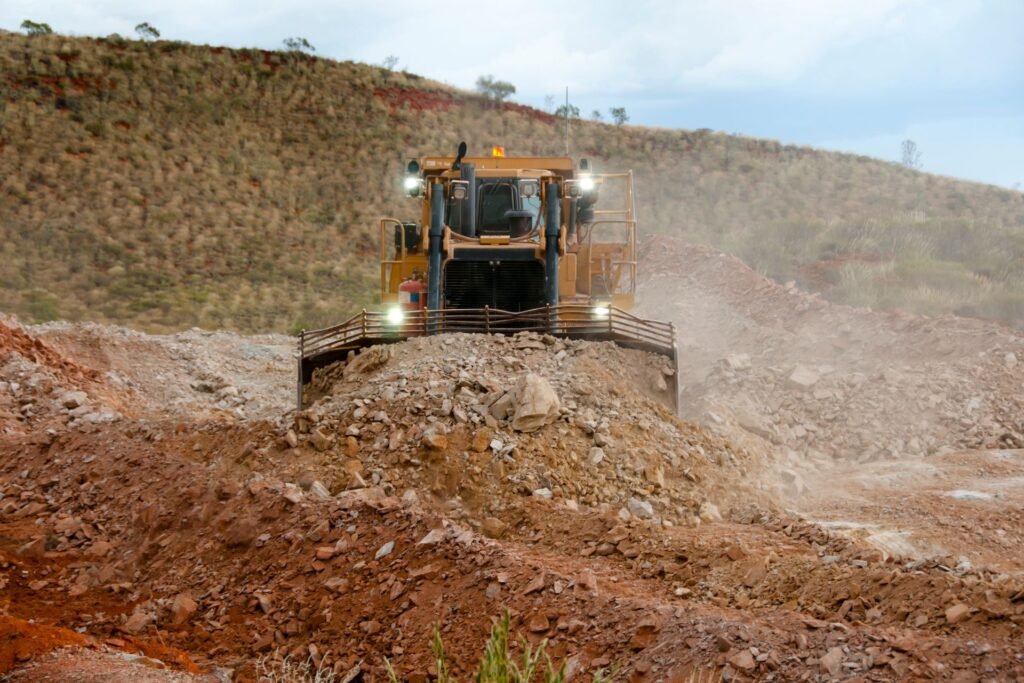
Tips For Reducing Earthworks Costs Without Sacrificing Quality
When it comes to earthworks, managing costs while maintaining high-quality results is crucial. Whether you’re working on a small landscaping project or a large-scale construction site, the following strategies can help you achieve cost savings without compromising the integrity of your work.
1. Planning and Preparation
One of the most effective ways to reduce earthworks costs is through thorough planning and preparation. Before any work begins, it’s essential to have a clear and detailed plan. This includes understanding the site’s conditions, anticipating potential challenges, and establishing a well-defined scope of work. By doing this, you can avoid costly delays or unexpected issues that might arise during the project. Proper planning also ensures that resources are used efficiently, reducing waste and unnecessary expenses.
2. Choosing the Right Time
Timing can significantly impact the cost of earthworks. In many cases, scheduling your project during off-peak seasons can lead to substantial savings. Contractors may offer lower rates during these times due to decreased demand for their services. Additionally, weather conditions play a critical role in earthworks. Working during favorable weather can prevent delays and damage that could increase costs. Therefore, planning your project for the right time of year is a simple yet effective strategy for reducing expenses.
3. Bundling Services
Another smart way to cut costs is by bundling multiple services with one contractor. If your project involves earthworks along with other tasks like landscaping or drainage, hiring a contractor who can handle all these services might lead to discounts. Bundling services can also streamline the project timeline, reduce coordination challenges, and ultimately result in a more cohesive and cost-effective project.
4. DIY vs. Professional Services
When considering earthworks, it’s important to weigh the pros and cons of doing some tasks yourself versus hiring professionals. For smaller, less complex tasks, such as minor grading or simple landscaping, DIY might be a cost-effective option. However, for larger or more technically demanding projects, professional expertise is essential to ensure safety, quality, and compliance with regulations. Hiring professionals can also prevent costly mistakes that could arise from inexperience, ultimately saving you more in the long run.
5. Recycling and Reusing Materials
Incorporating recycled and reused materials into your earthworks project is an excellent way to reduce costs. For instance, using crushed concrete instead of purchasing new materials can be a budget-friendly option without sacrificing quality. Not only does this approach lower material costs, but it also supports sustainable construction practices by reducing waste. Recycling materials can be particularly beneficial in projects that require a large volume of fill or aggregate, as these are often the most expensive components.
By following these tips, you can effectively manage your earthworks budget while ensuring that the final result meets your standards. Careful planning, strategic timing, smart service bundling, a balance between DIY and professional work, and the use of recycled materials are all practical ways to achieve quality outcomes without overspending.
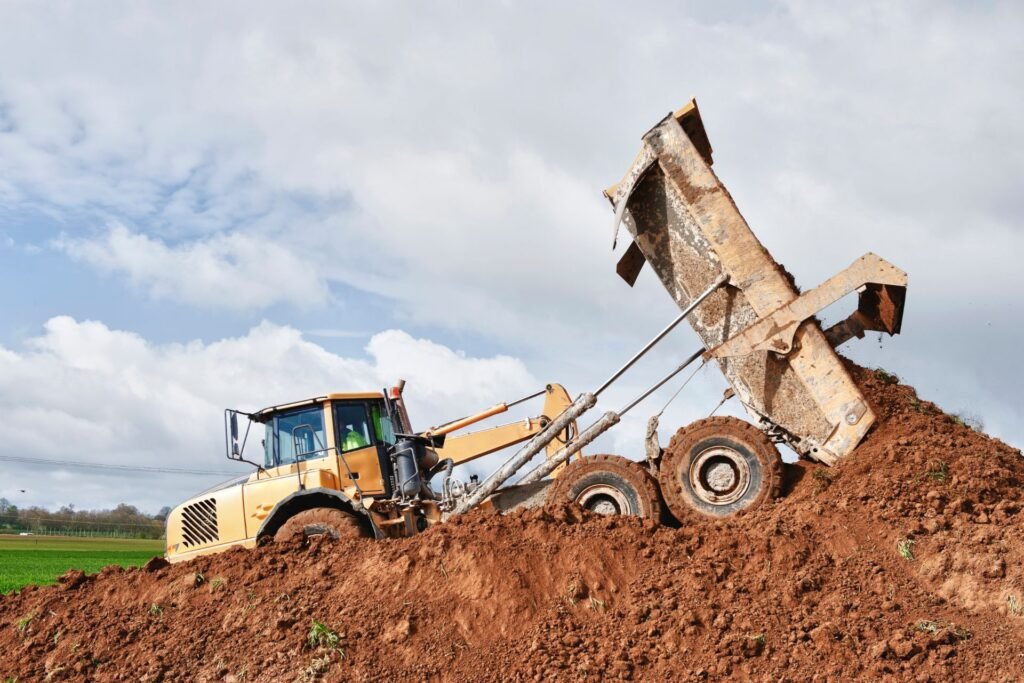
Case Studies And Real-World Examples
When it comes to earthworks, understanding the practical applications through real-world examples can provide invaluable insights. In this section, we delve into both residential and commercial earthworks projects, offering detailed case studies that illuminate the costs, challenges, and outcomes involved. Additionally, we will explore the lessons learned from these examples, offering practical advice for anyone embarking on a similar project.
Residential Earthworks Example
Let’s start with a detailed example of a typical residential earthworks project. Imagine a scenario where a homeowner is preparing to build a new house on a sloped piece of land. The earthworks process for this project involves several key stages, starting with site clearance, followed by excavation, grading, and the construction of retaining walls to manage the slope.
Costs
The cost for this residential earthworks project is a significant factor and can vary depending on several elements. Typically, expenses range from $10,000 to $30,000. These costs include labor, machinery, and materials such as fill dirt, gravel, and concrete for the retaining walls. In this case, unexpected issues like hitting bedrock during excavation can add to the overall expense, increasing the budget by an additional 10-15%.
Challenges
One of the primary challenges in this residential project was dealing with the sloped terrain. The slope required careful planning to ensure proper drainage and prevent future soil erosion. Additionally, the discovery of bedrock during excavation posed a significant challenge. This required specialized equipment and additional labor, leading to increased costs and a slight delay in the project timeline.
Outcomes
Despite the challenges, the project was completed successfully. The homeowners now have a stable foundation for their new home, with properly managed drainage and a well-constructed retaining wall. The project stayed within a revised budget and was completed just a week behind the original schedule, thanks to proactive problem-solving by the earthworks team.
Commercial Earthworks Example
Next, consider a commercial earthworks project, such as preparing a site for a new shopping center. This type of project is larger in scale and involves more complex requirements compared to a residential one.
Costs
Commercial earthworks projects typically incur higher costs, often ranging from $500,000 to over $1 million. In this particular case, the project cost was around $750,000. This budget covered extensive excavation, grading, soil stabilization, and the installation of underground utilities. Additional costs were also allocated for managing environmental impact and ensuring compliance with local regulations.
Timelines
The timeline for this commercial project was set at 12 months. However, unexpected weather conditions, such as heavy rainfall, caused delays. The project team had to implement additional drainage solutions and reinforce certain areas to prevent further delays, ultimately extending the timeline by three months.
Complexities
The complexity of the commercial project was evident in several areas. The large scale of excavation required precise coordination to avoid disrupting nearby businesses and traffic. Moreover, the site’s proximity to a protected wetland area necessitated strict adherence to environmental regulations, adding another layer of complexity.
Outcomes
Despite these complexities, the project was completed with successful outcomes. The site was prepared to meet all necessary standards, and the shopping center construction proceeded without further delays. The earthworks team’s ability to adapt to challenges and maintain open communication with stakeholders was crucial to the project’s success.
Lessons Learned
From these examples, several key takeaways can be applied to future earthworks projects:
1. Anticipate Unexpected Challenges: Whether it’s hitting bedrock in a residential project or dealing with unexpected weather in a commercial one, always be prepared for the unexpected. Building contingency plans into your budget and timeline is essential.
2. Importance of Proper Planning: Detailed planning is critical, particularly in complex projects. Understanding the terrain, local regulations, and potential environmental impacts can save time and money in the long run.
3. Effective Communication: Regular communication with all stakeholders, including clients, contractors, and local authorities, is vital. Keeping everyone informed ensures that problems are addressed promptly and solutions are implemented effectively.
By applying these lessons, you can navigate the complexities of earthworks projects more efficiently, leading to successful outcomes and satisfied clients.
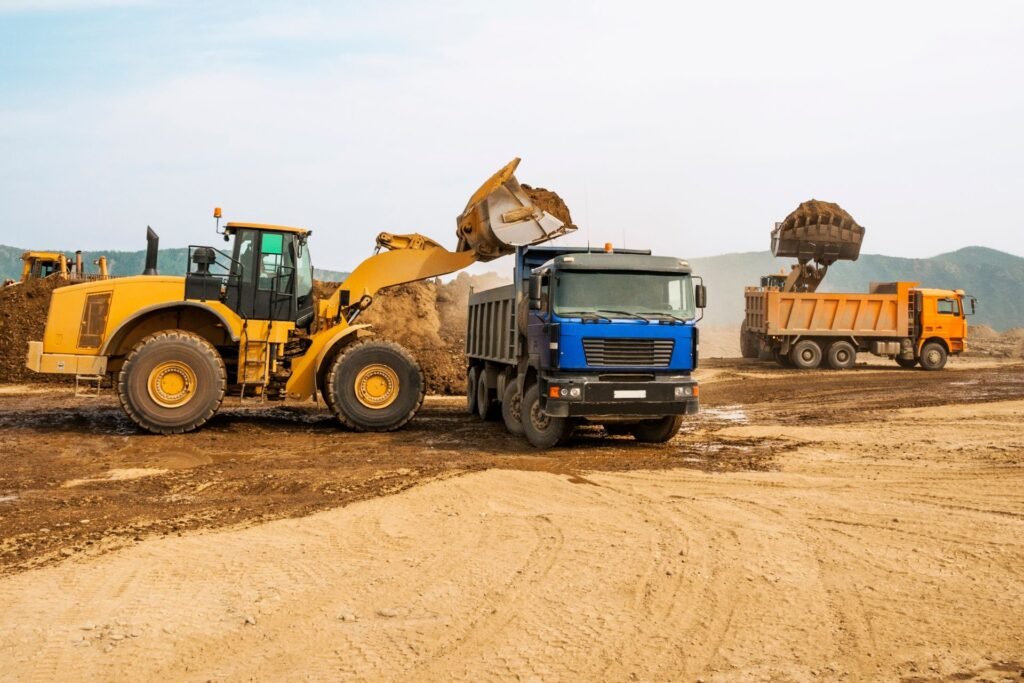
FAQs: About Cost Of Earthworks Services NZ
What are earthworks services, and why are they important?
Earthworks services involve the excavation, movement, and preparation of soil and rock for construction or landscaping projects. These services are crucial because they form the foundation for any building or infrastructure, ensuring the ground is stable and suitable for construction.
How much do earthworks services typically cost in New Zealand?
On average, earthworks services in New Zealand range from $50 to $200 per cubic meter, depending on factors such as project size, soil type, location, and the specific type of earthworks required.
What factors influence the cost of earthworks services in New Zealand?
Several factors influence the cost, including the size and scope of the project, the type of earthworks needed (e.g., excavation, grading), geographic location, soil and land conditions, equipment and technology used, and any regulatory or compliance costs.
How can I get an accurate quote for earthworks services?
To get an accurate quote, provide detailed information about your project to the contractor, including site plans, soil conditions, and any specific requirements. Request itemized quotes to compare costs effectively and ensure all potential expenses are covered.
Are there any hidden costs in earthworks services that I should be aware of?
Yes, hidden costs can include unexpected ground conditions, additional material requirements, project delays, and compliance with local regulations or permits. It’s important to discuss these possibilities with your contractor upfront.
How can I reduce the cost of earthworks services without compromising quality?
You can reduce costs by thorough planning, choosing the right time for your project, bundling services, considering some DIY tasks, and using recycled or reused materials. However, always balance cost-saving measures with maintaining the quality of the work.
What should I look for when choosing an earthworks contractor in New Zealand?
Look for contractors with experience, positive reviews, local knowledge, and transparent pricing. It’s also beneficial to choose a contractor who provides detailed quotes and is willing to discuss your project in depth to ensure all your needs are met.
What types of earthworks might be required for a residential project?
Residential projects might require services such as site clearing, excavation for foundations, trenching for utilities, grading, and landscaping preparation. The specific earthworks needed will depend on the nature and scale of the project.
How do geographic location and soil type affect earthworks costs?
Geographic location affects costs due to factors like accessibility, transportation, and local labor rates. Soil type influences the complexity of the work—rocky or clay soils are harder to work with and may require more specialized equipment, increasing costs.
Can I undertake any earthworks tasks myself to save money?
For smaller projects or tasks like minor land clearing or basic landscaping, DIY might be feasible. However, for more complex tasks like excavation or grading, it’s advisable to hire professionals to ensure safety and compliance with regulations.
Conclusion
In conclusion, understanding the key factors influencing the cost of earthworks services in New Zealand is crucial for anyone planning a construction project. These factors include the complexity of the terrain, the scope of the work, the type of equipment needed, and local regulations. To manage costs effectively, it’s essential to plan thoroughly, obtain detailed quotes, and select the right contractor with experience in similar projects. By taking these steps, you can ensure that your project stays on budget and meets all necessary standards. If you’re ready to move forward, consider reaching out to local earthworks professionals for a consultation or quote to kickstart your project with confidence.
About the Author:
Mike Veail is a recognized digital marketing expert with over 6 years of experience in helping tradespeople and small businesses thrive online. A former quantity surveyor, Mike combines deep industry knowledge with hands-on expertise in SEO and Google Ads. His marketing strategies are tailored to the specific needs of the trades sector, helping businesses increase visibility and generate more leads through proven, ethical methods.
Mike has successfully partnered with numerous companies, establishing a track record of delivering measurable results. His work has been featured across various platforms that showcase his expertise in lead generation and online marketing for the trades sector.
Learn more about Mike's experience and services at https://theleadguy.online or follow him on social media:

